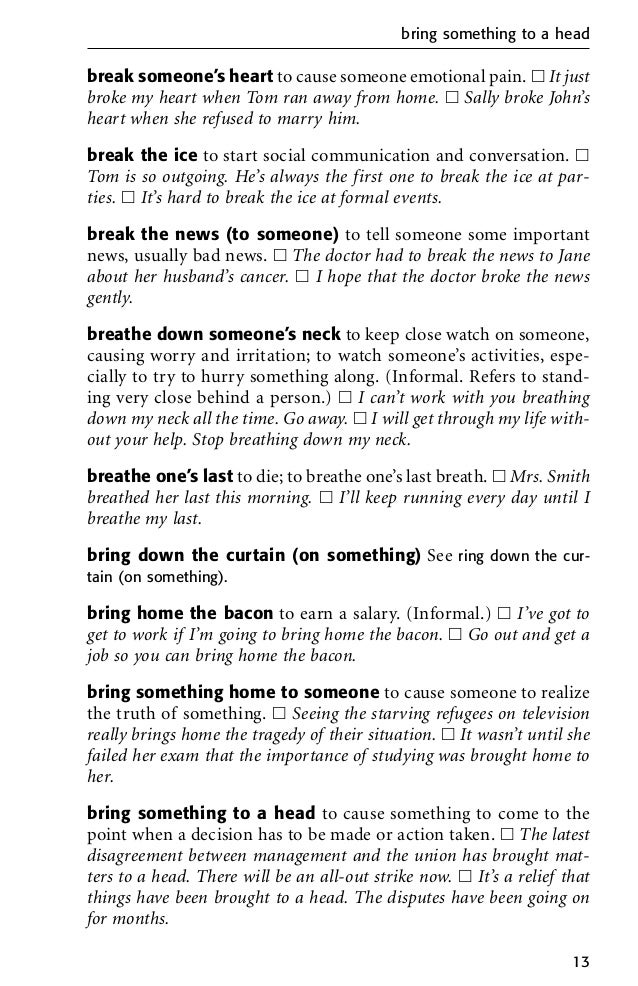Basic Greek Phrases Pdf
Wherever you go, nothing makes your travels easier than knowing a few words in the local language, and in Greece, even a few words will warm your welcome and may even inspire a lasting friendship. Fortunately, if you're planning a trip to Greece this year, it only takes a few minutes to learn some basic Greek phrases that will help you get around the European country.
From saying good morning, good afternoon, and good nights (kalimera, kalispera, and kalinikta) to simply saying hello in Greek (yia sas or yiassou), these common phrases should help facilitate your international travels—residents will appreciate your effort in learning their language and be more likely to help you.

Basics of the Greek language (2) models and materials for introducing Greek, especially at the stage when it is not yet possible to offer a full class in Greek (3) instruction in preparing students for the first levels of the National Greek Exam. Basic Greek This section of the site provides you with an introduction to Basic Greek including the Greek alphabet, numbers, days of the week, month names as well as common phrases in Greek.
Greek Basic Phrases
Although Greek is the primary language of Greece, many residents and citizens also speak English, German, and French, so chances are if you start with a Greek hello, you can quickly admit your Greek isn't great and ask if the person speaks another language. This respect for culture is the first step in immersing yourself fully in Greek life on your vacation.
Common Greek Phrases
Greek citizens greet one another differently depending on the time of day. In the morning, tourists can say kalimera (kah-lee-MARE-ah) and in the afternoon can use kalomesimeri (kah-lo-messy-mary), though in practice, this is rarely heard and kalimera can be used both times of the day. However, kalispera (kah-lee-spare-ah) means 'good evening' and kalinikta (kah-lee-neek-tah) means 'good night,' so use these specific terms as appropriate.
On the other hand, 'Hello' can be said at any time by saying yai sas, yiassou, gaisou, or yasou (all pronounces yah-sooo); you can also use this word in parting or as a toast, though yia sas is more respectful and should be used with seniors and with almost anyone for extra politeness.
When asking for something in Greece, remember to say please by saying parakaló (par-ah-kah-LO), which can also mean 'huh' or a shortened version of 'please repeat that' or 'I beg your pardon.' Once you get something, you can then say efkharistó (eff-car-ee-STOH) to mean 'thank you'—if you're having trouble pronouncing this, just say 'If car I stole' but drop the last 'le.'
Basic Greek Phrases For Tourists
File hider app. When getting directions, make sure to look out for deksiá (decks-yah) for 'right' and aristerá (ar-ee-stare-ah) for 'left.' However, if you're saying 'you're right' as a general affirmation, you would instead say entáksi (en-tohk-see). When asking for directions, you can say 'where is—' by saying 'Pou ine?' (poo-eeneh).


Now it's time to say goodbye! Antío sas (an-tyoh sahs) or just antío can be used interchangeably, like adios in Spanish, to both mean a form of goodbye!
Other Tips and Common Errors
Don't confuse 'yes' and 'no' in Greek—yes is né, which sounds like 'no' or 'nah' to English speakers, while no is ókhi or ochi, which sounds like 'okay' to English speakers, though in some areas it is said more softly, like oh-shee.
Avoid relying on your understanding of spoken directions. Get a good map to use as a visual aid when you ask, but make sure your informant knows where you are to start! Most maps in Greece show both Western letters and Greek letters, so whoever is helping you should be able to read it easily.
Basic Greek Phrases And Pronunciations
Greek is an inflected language, which means that the tone and accent of the words change their meanings. If you mispronounce something, even words that look or sound alike to you, many Greeks truly will not understand what you meant—they are not being difficult; they really don't mentally classify their words the way you are saying them.
Getting nowhere? Try emphasizing a different syllable and have directions and names written down whenever possible.